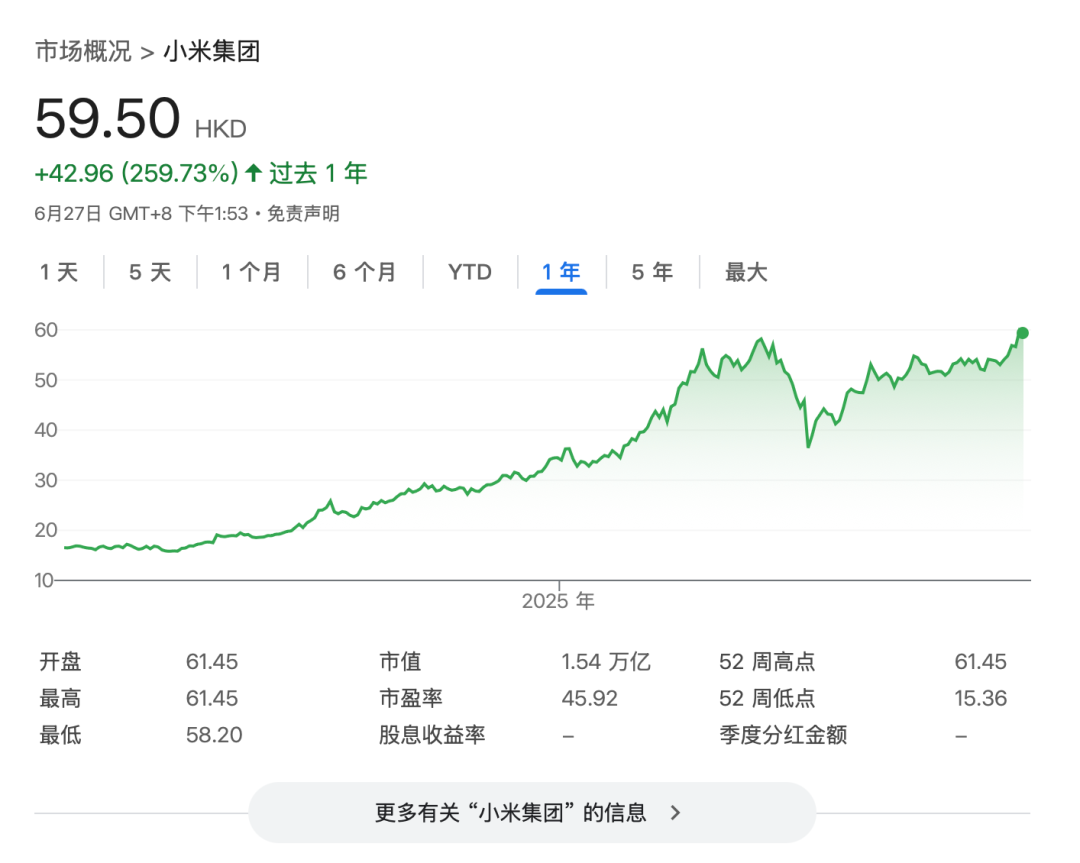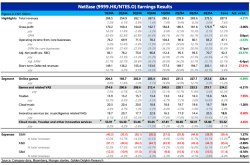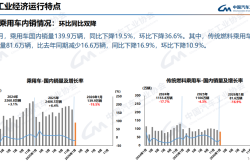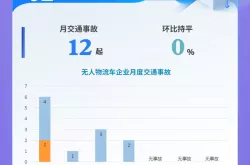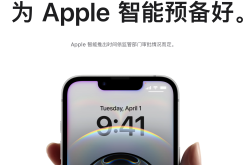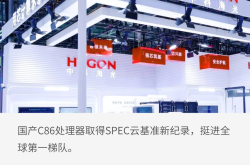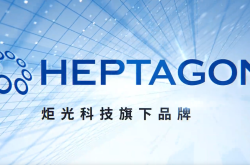Lei Jun's Phenomenal Launch: The Crazy Snatch Game
![]() 06/30 2025
06/30 2025
![]() 609
609

"Unmatched Achievement."
Author | Xue Xingxing | Editor | Jiang Jiao
Cover | Avengers 4
Xiaomi is propelling China's automotive industry into a futuristic scenario where the annual sales volume of a new car can be achieved within mere minutes of its launch.
If last year's Xiaomi SU7 breaking the record of 50,000 reservations within 27 minutes of its debut marked the auto industry's first glimpse of marketing prowess, then last night's Xiaomi YU7 reaching the incredible figures of 200,000 reservations in 3 minutes and 289,000 within 1 hour shattered all attempts to replicate Xiaomi's marketing success.
Despite skepticism from some quarters who suggest that Xiaomi's reservation numbers might be inflated, and users who haven't locked their orders can still cancel within 7 days, Lei Jun revealed in a group interview last night that 128,000 of the 198,000 reservations in the first 2 minutes were locked orders—equivalent to the total sales volume of Tesla Model Y in China in the first five months of this year—a feat that is nothing short of remarkable. Xiaomi's latest locked order data indicates that 240,000 orders of Xiaomi YU7 have been locked within 18 hours of its launch.
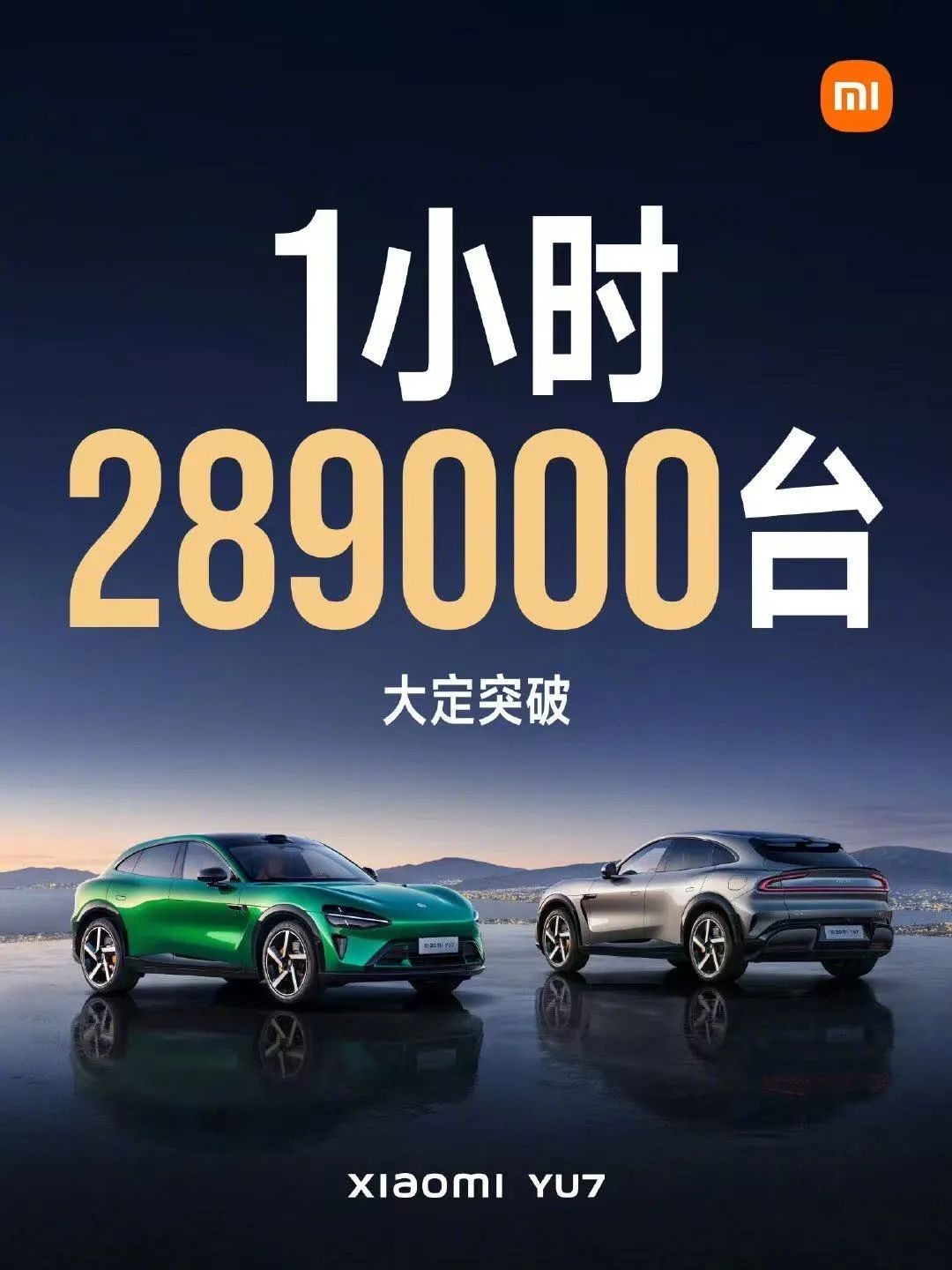
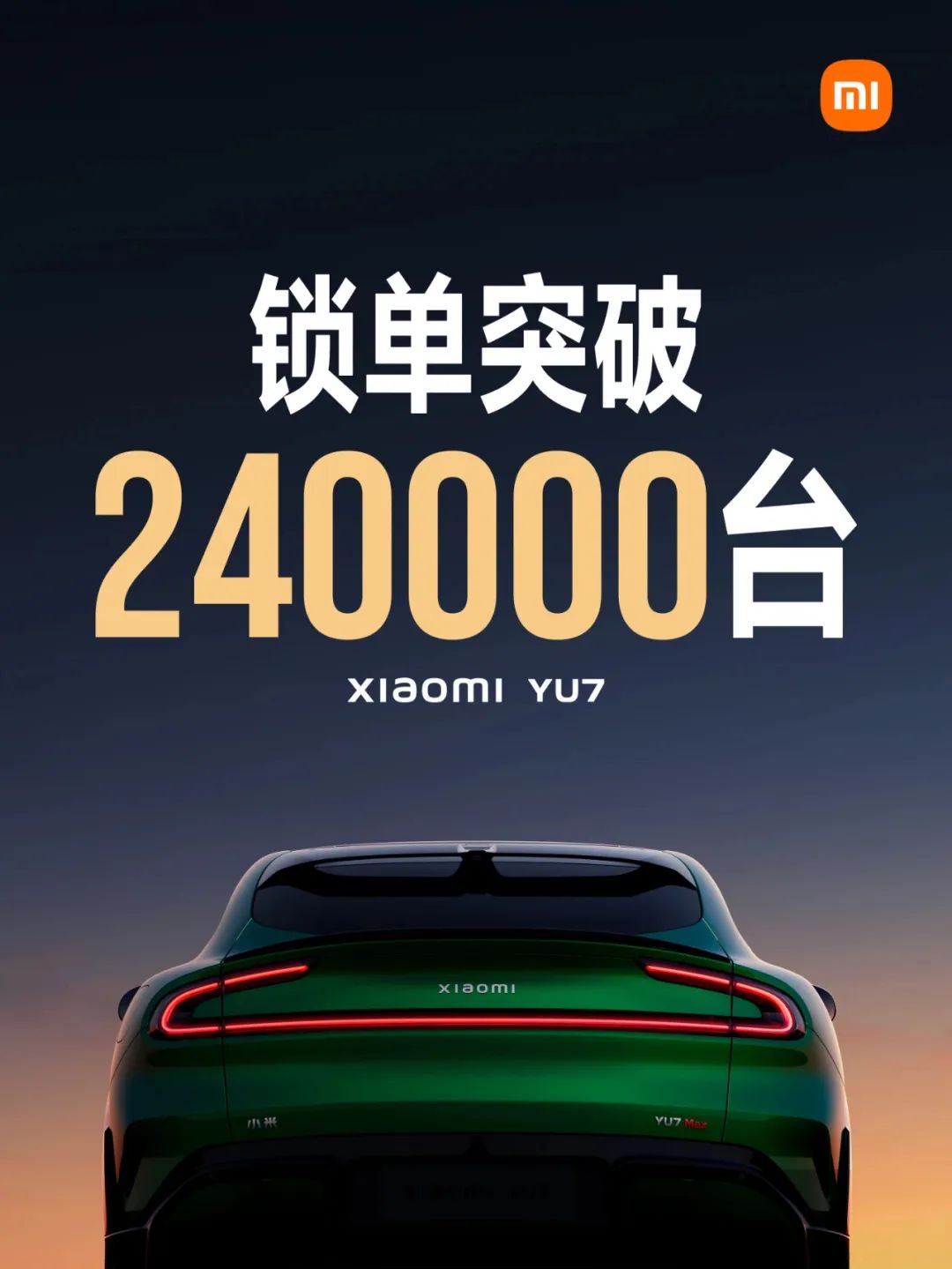
It's no surprise that upon learning about Xiaomi YU7's order data, Lei Jun exclaimed "Oh my god" twice. Composing himself, he began to attribute value and significance to this sales figure in his characteristic style, saying, "Perhaps we have all witnessed a miracle in China's automotive industry."
However, Xiaomi Automobile's reservation data is difficult to measure using the logic commonly applied in the automotive industry. The traditional auto industry has traditionally downplayed the significance of press conferences, emphasizing a rhythmic sales period post-launch, gradually increasing sales volume and expanding production capacity through various means.
In contrast, Xiaomi Automobile resembles Xiaomi's early online flash sales of mobile phones, where overwhelming demand and limited production capacity force consumers to participate in a timed order-snatching game. Even today, the delivery cycle for Xiaomi SU7 is between 33-52 weeks, meaning consumers still face a wait of at least 7 months or more after placing their orders.
In other words, potential Xiaomi car owners have little time to hesitate; locking their orders even a few minutes later might mean enduring a long wait of several months or even a year.
This could be why the traditional auto industry often fails to grasp Xiaomi's approach. After Xiaomi YU7's reservation data was released, Huang Zhaokun, a senior executive at Dongfeng Nissan, commented on social media, "Xiaomi YU7 achieved 200,000 reservations within these 3 minutes, and the data behind this suggests users will have to wait over a year for delivery. There are no such blindly loyal brand fans in any country."
Huang Zhaokun embodies the inherent views of many in the traditional auto industry. He noted that increasing auto production capacity requires the simultaneous expansion of supply chains for thousands of parts, which is not as straightforward as for mobile phones, but this mobile phone industry tactic can easily stir up emotions.
Huang Zhaokun subsequently deleted the relevant post and issued an apology letter today, stating that his remarks had hurt the feelings of many car enthusiasts and sincerely apologized to Xiaomi Corporation, car enthusiasts, and his own company.
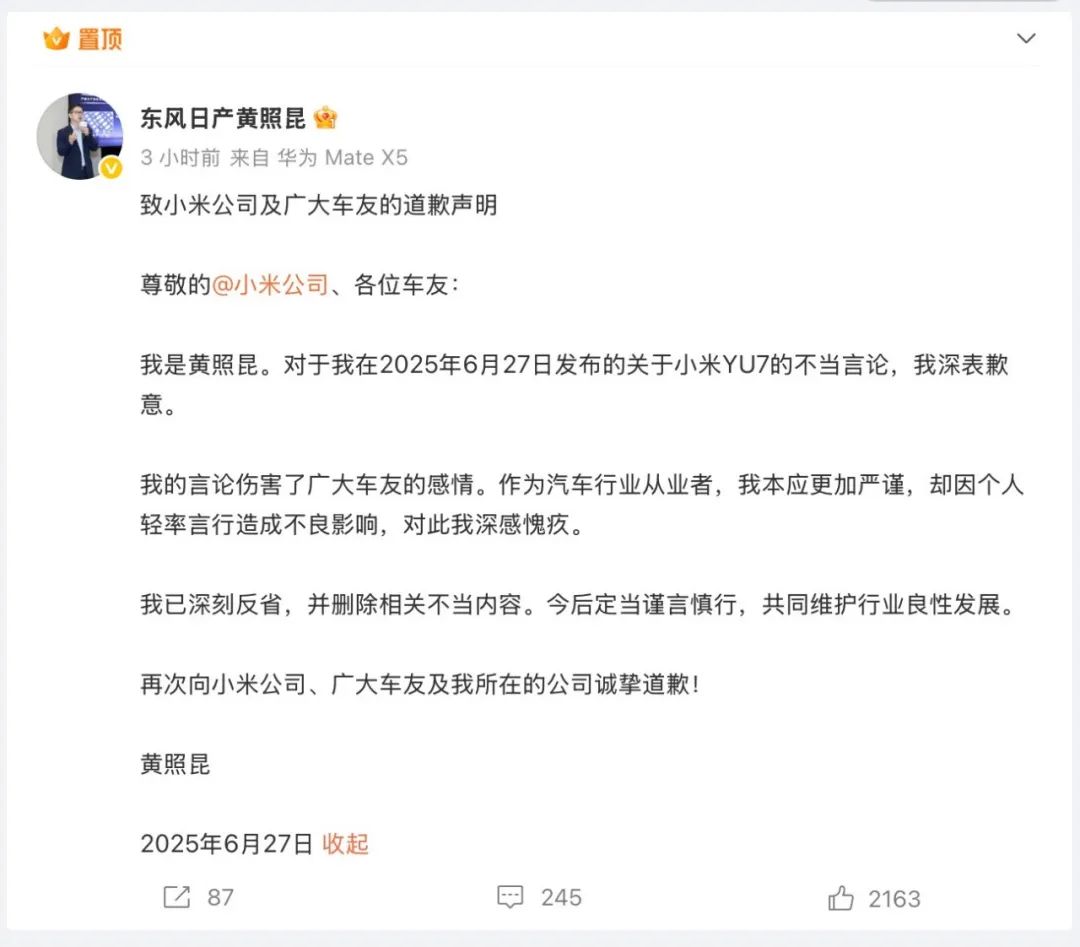
Lei Jun Finds His Groove
The past two months have been a recovery period for Xiaomi to regain its marketing rhythm, with Xiaomi's social media matrix, official live events, and even media pre-heating visits all progressing at a brisk pace. However, the main driving force remains Lei Jun.
Before the Xiaomi YU7 technology conference at the end of May, Lei Jun broke his silence, returning to social media to post new product teasers, personal fitness updates, or life insights. After the launch conference of Xiaomi YU7 was confirmed, he also resumed live streaming, sitting alongside Lu Weibing to "spoiler" details. The next day, he received media visits at Xiaomi's auto factory, and Xinhua News Agency specifically published an article reporting that "one senses the creativity within every second at Xiaomi's auto factory".
Many tactics used before the launch of Xiaomi SU7 last year have been continued. For instance, there was interaction with "NIO, Xpeng, and Li Auto," with Li Bin, He Xiaopeng, and Li Xiang all engaging with Lei Jun on Weibo, congratulating on the success of YU7 while promoting their own new products.
Lei Jun's "Answering Netizens' Questions" session before the new car's launch also returned as scheduled. Lei Jun prepared questions in advance, including why they didn't make a 6-seater car, whether there was a chance to surpass Model Y, and the final pricing of YU7, among others, raising consumer expectations from all angles. Various tests of Xiaomi Automobile before the launch were also released at a steady pace, occasionally trending on Weibo.
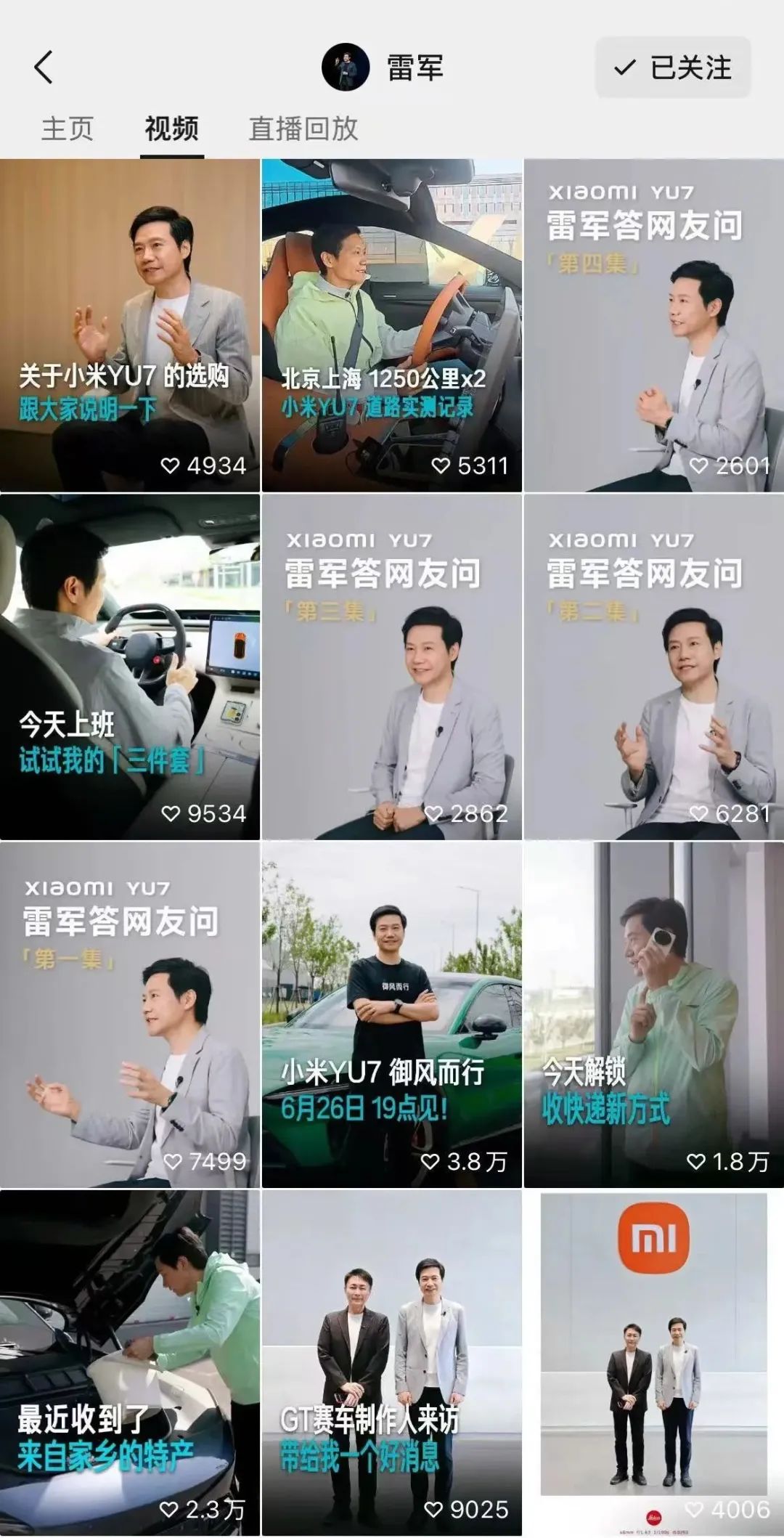
Lei Jun's Social Media Homepage
However, compared to the overwhelming marketing investment before the launch of SU7, Xiaomi's marketing efforts for YU7 have converged considerably, with videos of "Lei Jun's March" hardly seen on short video platforms. Lei Jun said in a media group interview last night that Xiaomi must be cautious in its words and actions because any flaws might be amplified.
He previously referred to Xiaomi as a newcomer in the auto industry but now believes they should regard themselves as a key player in the industry and hold themselves to higher standards. Even if they don't see it that way, others will.
In the group interview, Lei Jun still took considerable time to clear up the influence of marketing. He said that some competitors framed their success as Xiaomi winning through marketing, but every indicator and capability of Xiaomi today leads in most areas across any dimension.
However, Xiaomi is still firmly tied to and inseparable from Lei Jun's personal image. Unlike the technology conference where Lei Jun returned at the end of May, Lei Jun did not participate in the entire conference last night. Apart from a brief introduction at the beginning, the first half of the Xiaomi digital and home appliance new product launches were introduced by Lu Weibing and Xu Fei, and Lei Jun finally took the stage after an hour and a half.
But hardly any consumers cared about the first half of the speech, and Lu Weibing and Xu Fei's speeches were not as engaging as Lei Jun's, making people feel sleepy.
Even Tang Jing, head of the product line at Ideal Automobile, who watched the speech live, commented on Weibo, "I felt a bit sleepy at the beginning, maybe because I'm not the target audience... or maybe because there are too many people and the carbon dioxide concentration is high." When Lei Jun took the stage, he immediately tweeted, "I'm not sleepy anymore."
Last night's speech by Lei Jun still had a strong "Lei-style," but compared to the technology conference a month ago, Lei Jun appeared more relaxed, with many carefully designed jokes and humorous remarks, such as "We especially care for Apple users" or "Tesla issues a challenge, and we dare to compete. We at Xiaomi just won't admit defeat."
The accident three months ago is still affecting Lei Jun. He spent considerable time during the conference emphasizing Xiaomi Automobile's emphasis on safety. Lei Jun quoted a senior executive surnamed Yu from a competitor who defined "safety as the greatest luxury," saying that he very much agreed with this statement. But at the same time, he emphasized that safety is not just luxury, pointing out that "safety is the premise, safety is the foundation, safety is everything."
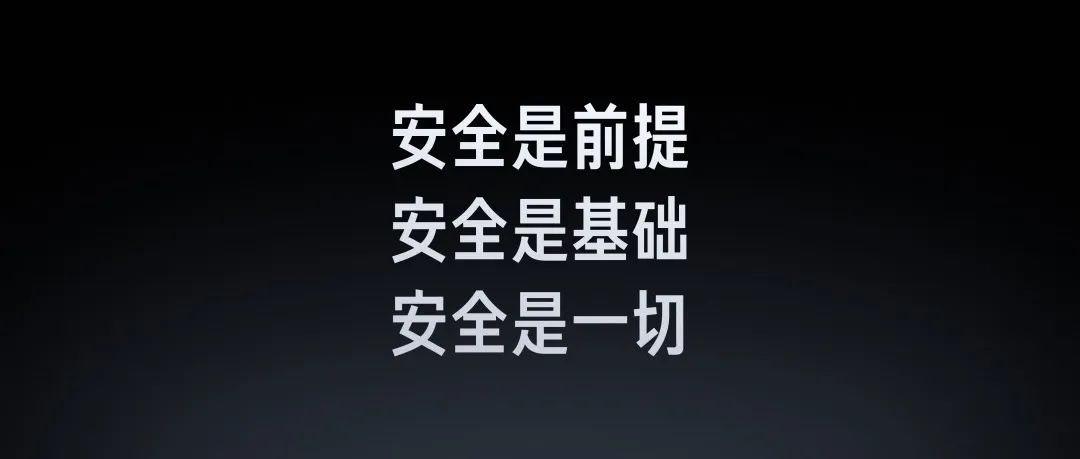
The Frenzy of 289,000
It seems that only "frenzy" can describe the launch of Xiaomi YU7 yesterday. The figure of 289,000 reservations is equivalent to the total annual sales volume of many new-energy vehicle companies, even surpassing most of them, such as Zeekr, Xpeng, or NIO. Based on Xiaomi's latest data of 240,000 locked orders within 18 hours of its launch, Xiaomi can already rank fourth on last year's sales chart of new-energy vehicle companies in China with just one model.
The popularity of YU7 has even earned it the same treatment as Pop Mart's Labubu—scalper infestation. Long before the official launch of Xiaomi YU7, there were already many scalpers offering order-snatching services on second-hand platforms, with fees ranging from thousands to tens of thousands of yuan.
After the official launch of YU7, more people began trying to transfer orders for profit, scalping with price markups, and many scalpers were just ordinary car owners—some users who transferred orders had only placed orders but not locked them, not understanding the difference between locking and placing an order.
Lei Jun seems to have anticipated the popularity of Xiaomi YU7. He previously revealed that the number of user inquiries for YU7 was three times that of SU7 during the same period and expected it to be as popular as SU7. Before last year's SU7 launch, they spent an hour finalizing the pricing. But at last night's YU7 launch event, Lei Jun said they only took 3 minutes to determine the final price.
He also specifically mentioned measures to prevent scalpers during the conference, requiring each user to only place an order for one ready-to-deliver car and lock an order for one. Xiaomi also prohibits modifying the buyer's information after locking the order, and most order transfers can only be done through second-hand transfers.
To some extent, the impressive reservation figure of YU7 is a continuation of last year's YU7 popularity. An auto industry insider said that people were skeptical about SU7, but they are already confident in Xiaomi for YU7, and YU7's product capabilities and safety have been further improved, with basically no shortcomings.
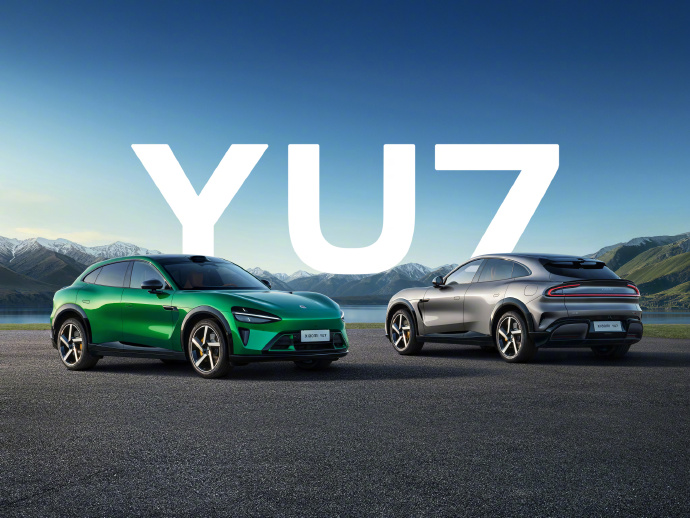 Xiaomi YU7
Xiaomi YU7
YU7 continues Xiaomi's previous strategy of benchmarking against Tesla, pixel-level benchmarking against Tesla Model Y. Its final pricing also continues to use Model Y as an anchor point, with a starting price of 253,500 yuan, 10,000 yuan lower than Model Y's starting price. But considering Tesla's current five-year interest-free policy, the starting prices of Xiaomi YU7 and Model Y are practically the same.
This means that Xiaomi Automobile has completely emerged from the "cost-effectiveness shadow" left over from the past mobile phone era. When Xiaomi SU7 was launched last year, they still had to open the market by pricing it 30,000 yuan cheaper than Tesla, prompting many domestic peers to successively reduce prices before their launches. Now, the starting price of Xiaomi YU7 is similar to that of models touting high-end brands, and the starting price of Ideal L6 is even a few thousand yuan cheaper than Xiaomi YU7.
The self-confidence of Lei Jun and the entire Xiaomi Group is visibly increasing. Just like Xiaomi Group President Lu Weibing's statement on Xiaomi's earnings call a month ago, almost 14 months after the launch of SU7, there is no competitor for SU7, "Unmatched Achievement."
After the Anhui highway accident involving Xiaomi SU7 three months ago, Xiaomi's Hong Kong stock price plummeted to a low of HK$36.45. This morning, Xiaomi's stock price opened 8% higher, currently close to HK$60, hitting a new high in the past year. Over the past year, Xiaomi's stock price has soared by 259.73%.
